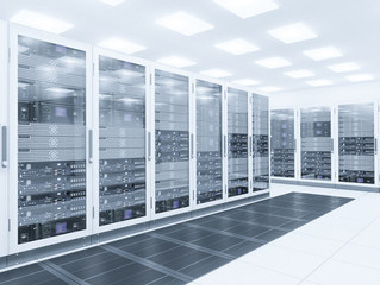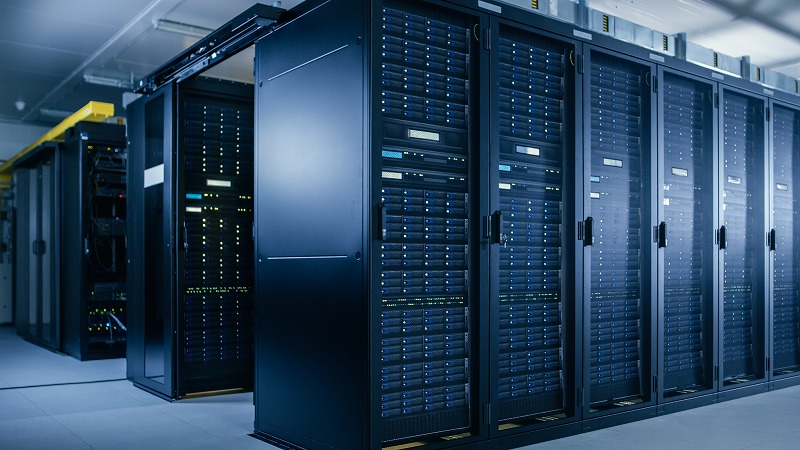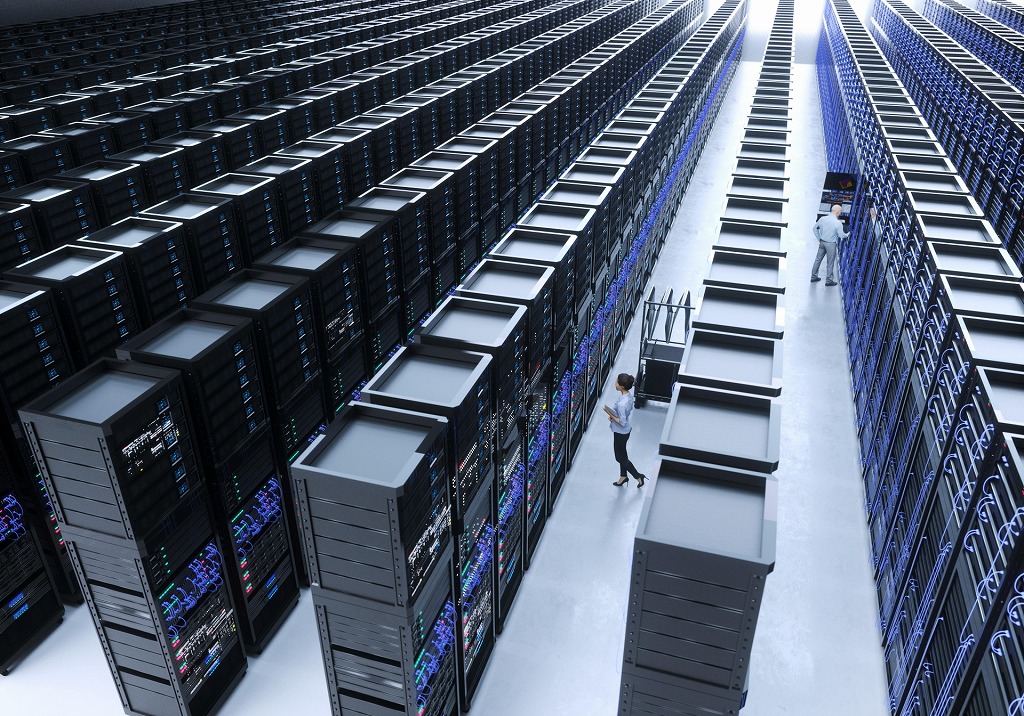
TOPICS & NEWS

2024.05.17
On April 18, US Oracle announced it would invest $8 billion (approximately 1.2 trillion yen) in data centers in Japan over the next 10 years. Additionally, US OpenAI also announced its entry into the Japanese market.
Along with other major US cloud companies like Microsoft, the total amount of announced investments in Japan this year is approaching 4 trillion yen. What is behind these US cloud giants’ emphasis on data centers in Japan?
The Spread of Generative AI and Response to Security Risks
One underlying factor is the rapid spread of generative AI (artificial intelligence). Among user companies, the demand for cloud services to train and operate large language models, which serve as the foundation, is increasing. German research firm Statista predicts that the market size of data centers in Japan will reach approximately $24 billion by 2028, expanding to 1.4 times the size of 2023.
However, security risks associated with cloud services are emerging. Surveys by sources like the Nikkei indicate that about half of companies lack sufficient regulations regarding disclosure requests from authorities in various countries. Many Japanese companies depend on storing data overseas, with some even placing data in countries like China and Russia, where concerns about censorship exist, making immediate action necessary.
With heightened awareness of security and privacy, regulatory authorities in various countries and regions are increasingly emphasizing data sovereignty, managing their own data domestically. The Japanese government also restricts cross-border transfers of personal data under the Personal Information Protection Law. Japanese companies are being urged to manage sensitive data domestically.
To meet these needs, major US cloud companies are announcing large-scale investments in Japan one after another. The focus on Japan extends beyond the AI field. The world’s largest semiconductor foundry, Taiwan Semiconductor Manufacturing Company (TSMC), is investing about 1.3 trillion yen to mass-produce computing semiconductors at a factory built in Kumamoto Prefecture by the end of 2024. They have also decided to invest about 2 trillion yen in constructing a second factory aimed at commencing operations in 2027.
Previously, TSMC concentrated its production bases in Taiwan, but considering the risk of Chinese aggression, it is diversifying production bases to countries like Japan, the US, and Germany. The construction of the Kumamoto factory is part of this strategy, and the importance of Japan, where related industries gather and semiconductor demand is high, may further increase. This situation is likely to continue influencing the actions of major cloud companies.
AI as an Essential Element for Japan’s Economic Growth
In Japan, a country prone to earthquakes and high electricity costs, data center costs are considered higher compared to overseas. Nonetheless, US Amazon Web Services (AWS) and Google, which compete with Microsoft in cloud services, are also embarking on large-scale data center investments domestically.
Microsoft President Brad Smith stated about Japan, “With an aging and declining population, AI is an essential element for sustainable economic growth.”
Going forward, we should continue to pay attention to the potential of AI and the trends of major cloud companies for Japan’s economic growth.


dil_admin
TOPICS & NEWS



 JA
JA




